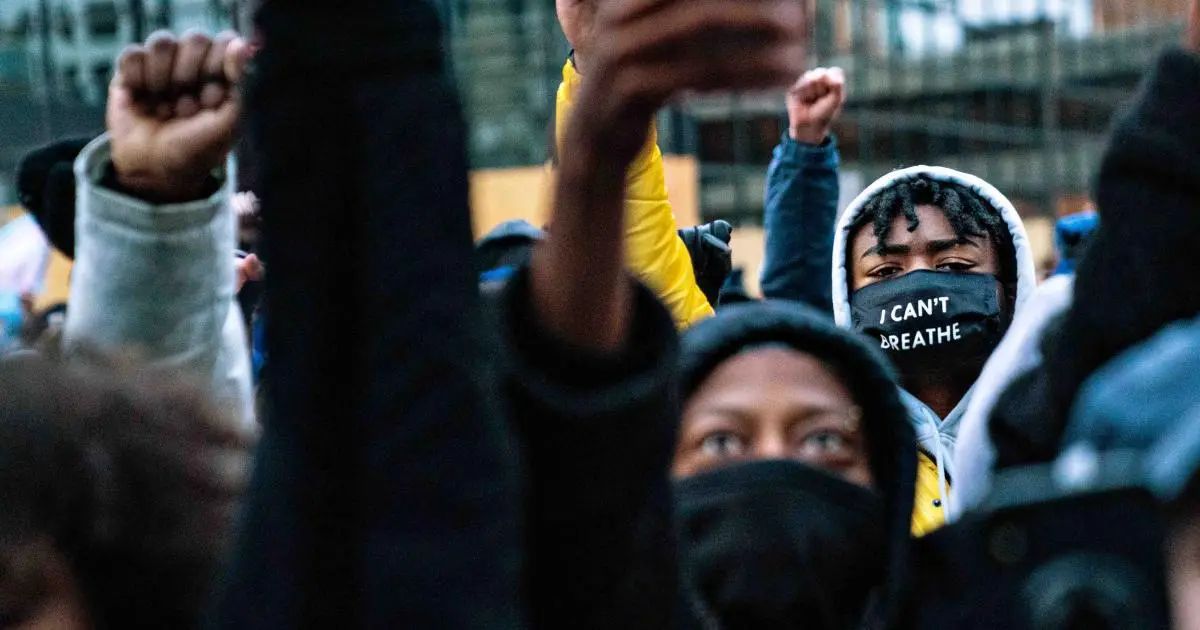Police Brutality: Racial Disparities and the Push for Reform

By using this site, you agree to the Privacy Policy and Terms of Use.

Police brutality remains one of the most contentious issues facing societies worldwide. It encompasses excessive use of force by law enforcement officers, often resulting in injury or death. While the issue affects people across all demographics, racial minorities are disproportionately impacted, shedding light on systemic inequities within the criminal justice system.
Racial disparities in policing have deep historical roots. In many countries, marginalized communities experience higher rates of police surveillance, arrests, and use of force compared to their counterparts. This is evident in cases where routine interactions escalate disproportionately for individuals belonging to racial minorities. Such incidents erode trust in law enforcement, sparking widespread protests and demands for justice.
The psychological and societal impacts of police brutality are profound. Victims and their families face trauma, while communities lose faith in institutions meant to protect them. Moreover, the economic costs of settlements for police misconduct place a significant burden on taxpayers, further straining public resources.
Efforts to address police brutality must begin with accountability. Transparent investigations into misconduct, independent oversight bodies, and holding officers accountable are crucial steps toward rebuilding trust. Body cameras and other technologies play a role in ensuring greater transparency, but they must be coupled with clear policies on their use.
Comprehensive training programs focusing on de-escalation techniques, implicit bias, and cultural competence are essential to addressing racial disparities in policing. These programs help officers respond appropriately in high-pressure situations, reducing the likelihood of excessive force. Additionally, adopting community policing strategies fosters collaboration between law enforcement and the communities they serve, improving relationships and promoting mutual understanding.
Policy reforms are equally vital. Initiatives such as limiting qualified immunity for officers, banning chokeholds, and revising use-of-force guidelines aim to prevent misconduct. Legislating national standards for policing practices can help ensure consistency and fairness across jurisdictions.
Grassroots movements and advocacy groups play a critical role in driving change. By amplifying the voices of affected communities and advocating for legislative reforms, these organizations have brought the issue of police brutality to the forefront of public discourse.
Ultimately, addressing police brutality requires systemic change. It demands a commitment to racial equity, accountability, and justice. While progress may be slow, sustained efforts can create a law enforcement system that upholds the principles of fairness and equality, ensuring safety for all.
Reforming policing is not just about curbing brutality—it’s about restoring faith in a system that is foundational to societal order. By confronting racial disparities and prioritizing justice, societies can take meaningful steps toward a more equitable future.
Notifications